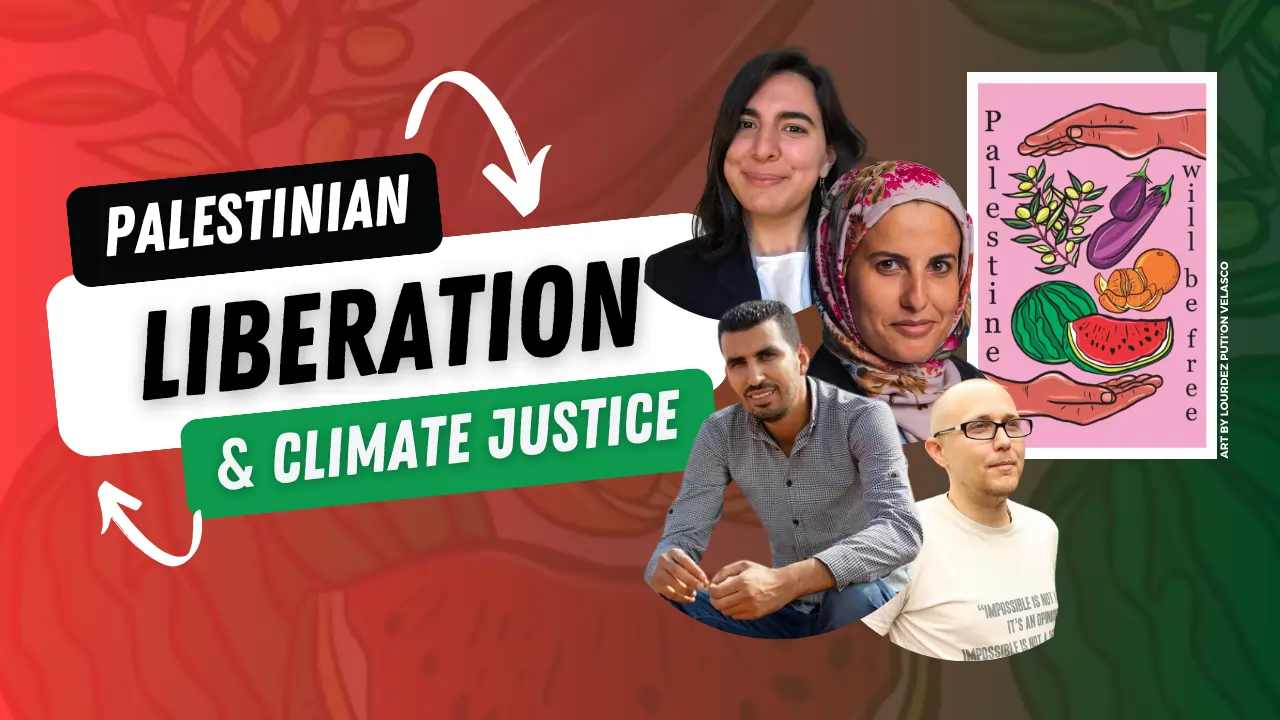Over 1300 people signed! Great work! The petition is now closed.
For submission by March 17th 2015
To: US Department of Energy Re: Engineered High Energy Crop Programs Programmatic Environmental Impact Statement (EHEC PEIS)
co******@en***************************.com
The program that DOE seeks to establish, which would provide support for field trials of engineered high energy crops/trees, is a wasteful diversion of taxpayer dollars, money that should be spent instead on protection of soil water and other resources in the region which are already depleted and spiraling downward with expanding development and the current and anticipated impacts of climate change, including droughts, potential severe wildfires, floods and runoff etc.
DOE and cooperating agencies have conveniently ignored the already substantial literature indicating that very unrealistically large areas of land, water and nutrients are required to produce sufficient supplies of biomass to contribute even a very small fraction to the overall energy mix [1].
This has been openly acknowledged by, for example, the IPCC [2] as well as many peer reviewed articles on direct and indirect land use impacts of large scale bioenergy (a sample provided below in footnote).
Engineered crops may at best slightly increase yields, but not by enough to alter the fundamental fact that biofuels entail very large environmental and other costs for a very small return. This is clear even at current scales of biofuel production which have resulted in serious environmental consequences as well as impacting on food production (which occurs no matter what crop is grown as all crops require soil, nutrients and water). Competing land uses ultimately, either directly or indirectly, impact food production, unwise at a time when expanding population is dependent upon dwindling soil and water resources. There is little potential to expand agricultural frontiers except at cost to biodiverse ecosystems that are already alarmingly diminished.
Given all of the above, why invest in risky field testing of GMOs when it is already clear that the future potential for biofuels contribution is very small and the environmental consequences are very large?
Furthermore, why undertake the risks of field testing genetically engineered EHECs when:
a) contamination simply cannot be prevented even with proposed “best management” practices.
b) there is no clear indication how contamination is “to be avoided”, nor how monitoring and reporting will be undertaken, nor what will be done if contamination is discovered.
c) Public opinion is very strongly opposed to commercial release of GMO trees, hence field trials hold no future promise and shouldn’t be undertaken in the first place.
d) Public opinion towards non tree GMO crops is also largely negative (witness GMO labeling law processes across the country).
e) The characteristics being “engineered” for EHECs very closely overlap the characteristics that lead to invasiveness: hardiness, fast growth, resistance to stressors etc.
Why establish a program whose ultimate goal is to develop viable engineered biofuel crops that would need to be grown in massive scale in the southeastern USA, a region that is already experiencing serious impacts from climate change, anticipated to worsen. Those include droughts, water shortages, biodiversity losses and wildfires, all of which will only be exacerbated by EHEC crops/trees.
Fertilizers used to grow EHECs will further contribute to degradation of waterways in the region, and also result in potentially very large quantities of nitrous oxide (potent greenhouse gas) emissions. (Those alone can render biofuels more damaging to climate than their fossil fuel counterparts.)
Increased use of pesticides, herbicides and other chemicals will result in worsening toxic exposure and health impacts to humans and animals in the region should the testing results from this program lead ultimately, as is anticipated, to widescale planting of EHECs.
DOE “public consultation” on this proposed program is woefully inadequate and not representative. Public opinion with regards to biofuels has dramatically soured with growing awareness of the consequences and costs.
[1] Literature examples:
Giampietro, Mario, Sergio Ulgiati and David Pimentel (1997), Feasibility of Large-Scale Biofuel Production, BioScience, Vol. 47, No. 9 (October), pp. 587-600
Unintended Environmental Consequences of a Global Biofuels Program, Jerry M. Melillo et al, MIT Joint Program on the Science and Policy of Global Change, Report No. 168, January 2009,
www.calepa.ca.gov/cepc/2010/AsltonBird/AppAEx13.pdf
PJ Crutzen et al, 2007. N2O release from agro-biofuel production negates global warming reduction by replacing fossil fuels. Atmos. Chem. Phys. Discuss., 7, 11191
[2] IPCC Fifth Assessment Working Group III (Mitigation) report. 2014: “The production of bioenergy crops to mitigate climate change leads to land conversion (e.g., from food crops and unmanaged ecosystems to energy crops; [high confidence]) and in some scenarios, reduced food security as well as additional greenhouse gas emissions over the course of decades or centuries” (Ch 19).
Patzek 2010. A Probabilistic Analysis of the Switchgrass Ethanol Cycle Sustainability 2010, 2, 2734-2769; doi:10.3390/su2092734
Implications of Limiting CO2 Concentrations for Land Use and Energy, Marshall Wise et al, Science 324, 1183, May 2009.
World Resources Institute 2015: Avoiding bioenergy competition for food crops and land.
[gravityform id=”7″ name=”EHEC PEIS ” title=”false” description=”false”]



